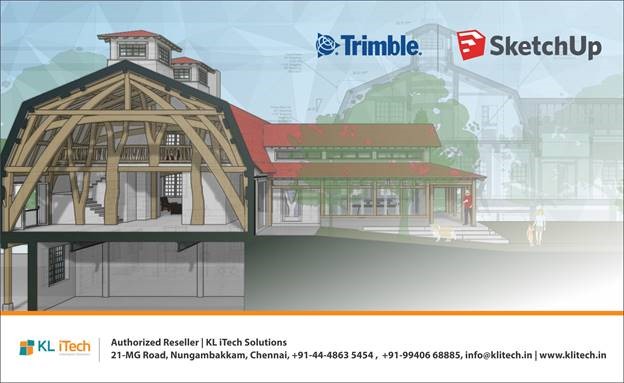Towards
Energy Efficient and Sustainable Development
QUICK LINKS

ABOUT NITT
The National Institute of Technology (formerly known as Regional Engineering College) Tiruchirappalli, situated in the heart of Tamil Nadu on the banks of river Cauvery, was started as a joint and co-operative venture of the Government of India and the Government of Tamil Nadu in 1964 with a view to cater the needs of man-power in technology for the country. The college has been conferred with autonomy in financial and administrative matters to achieve rapid development. Because of this rich experience, this institution was granted Deemed University Status with the approval of the UGC/AICTE and Govt. of India in the year 2003 and renamed as National Institute of Technology. NIT-T was registered under Societies Registration Act XXVII of 1975. The hallmark of the campus is the good facilities which caters to the academic and extracurricular interests of the students. The institution offers Under Graduate Courses in ten branches and Post Graduate Courses in twenty-one disciplines of Science, Engineering & Technology besides M.S. (by Research) and Ph.D. in all the departments. The faculty is inducted through a process of open advertisement throughout the country. The institute is an example of cultural unity with students drawn from most of the states in the country.
ABOUT THE CONFERENCE
The National Conference on “Recent trends in Architecture and Civil Engineering towards Energy efficient and Sustainable Developments," organized by Department of Architecture, National Institute of Technology Tiruchirappalli, is deliberated to step in widening the knowledge of Sustainable developments through the participation of researchers, academicians, and professionals from all over India.
Buildings are the principal consumers of energy in the world, accounting for an average of 40% of total energy consumption, are also significant consumers of natural resources in a different way. To reduce their environmental impact has become a major issue. Further, problems related to the development and planning exist in urban and rural areas. The haphazard growth of Urbanization plays a major role in the environmental deterioration. Energy efficient and sustainable development approaches have become an integrated part of modern development, which places particular attention on resource development. Architectural design and Civil Engineering has a key role to play in ensuring that these solutions, as well as new materials, technology, and design processes, are incorporated most efficiently.
The main goal of this conference is to share and discuss solutions to achieve the energy efficiency for sustainable development through Architecture and Civil Engineering. The significance of this conference lies in the pressing need for the integration of sustainable principles in the buildings and extends to the built environment and the general need for sustainable development. The conference will discuss the various ideologies & methods of more sustainable development and also investigates the different approaches developed in Architecture and Civil Engineering. This conference provides opportunities to interact with prominent peoples in the field and immensely expand your network of scholars and professionals.
Platinum Sponsor | ||
 | ||
Others | ||
 |
 |
 |

